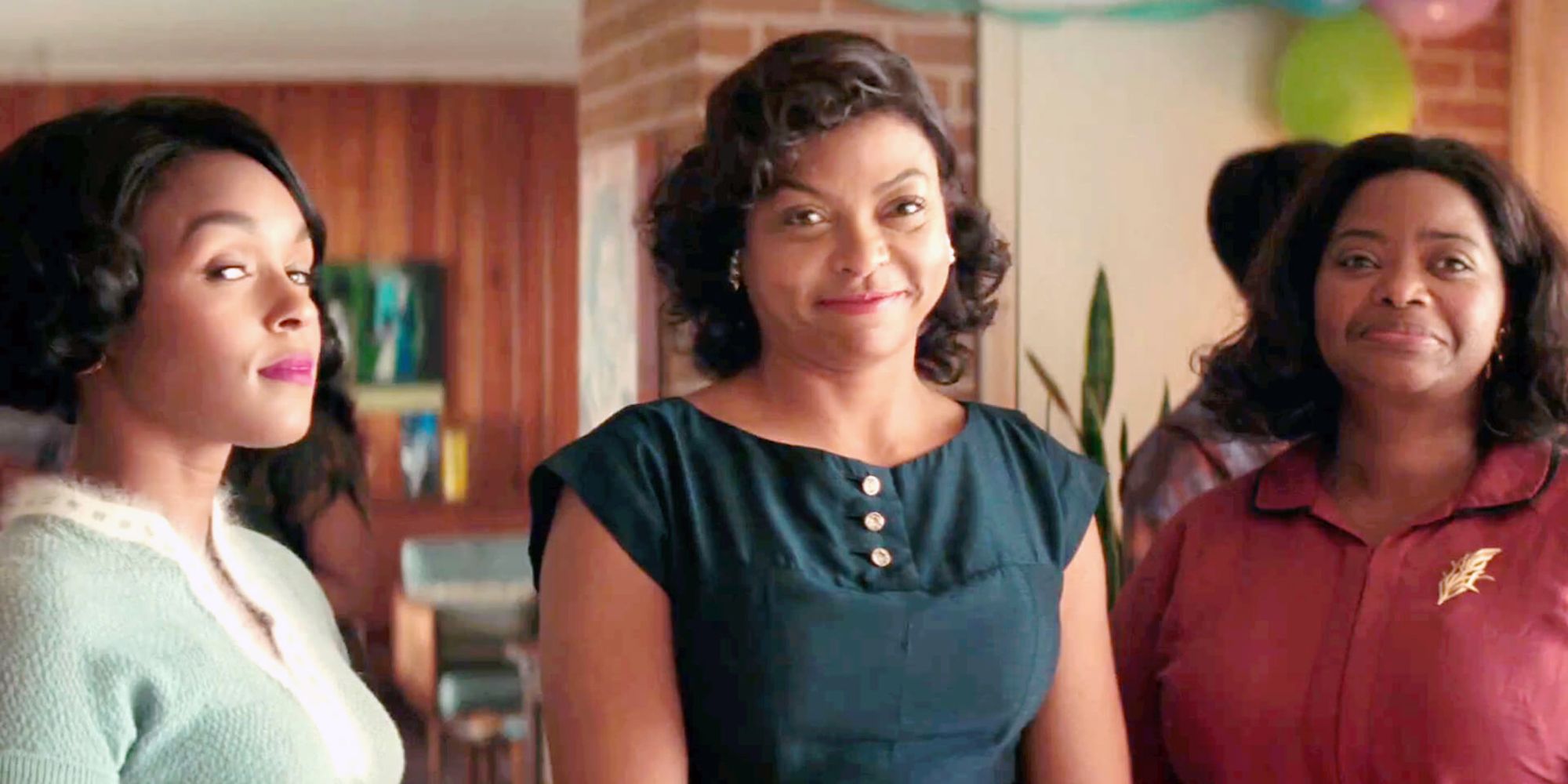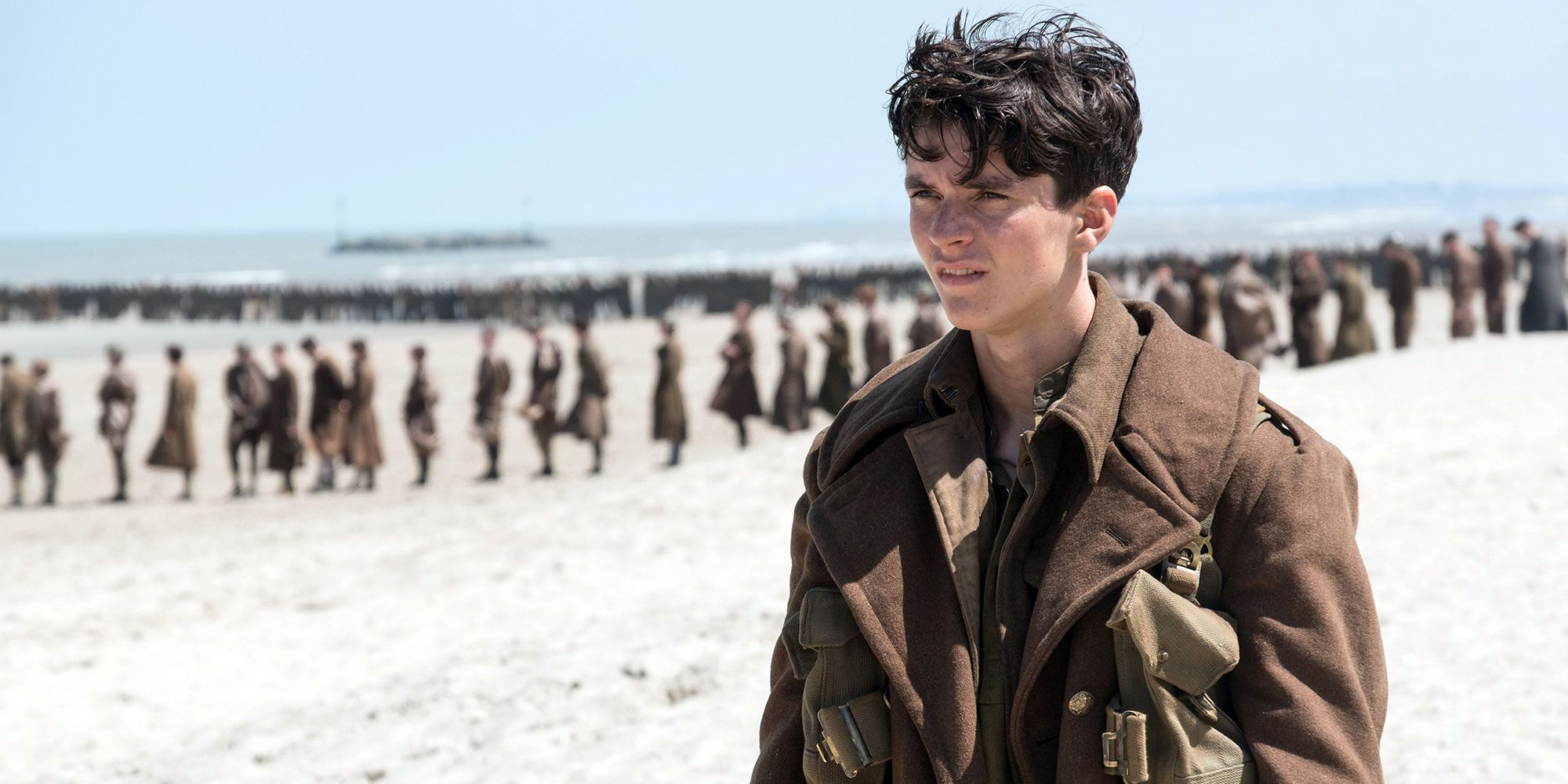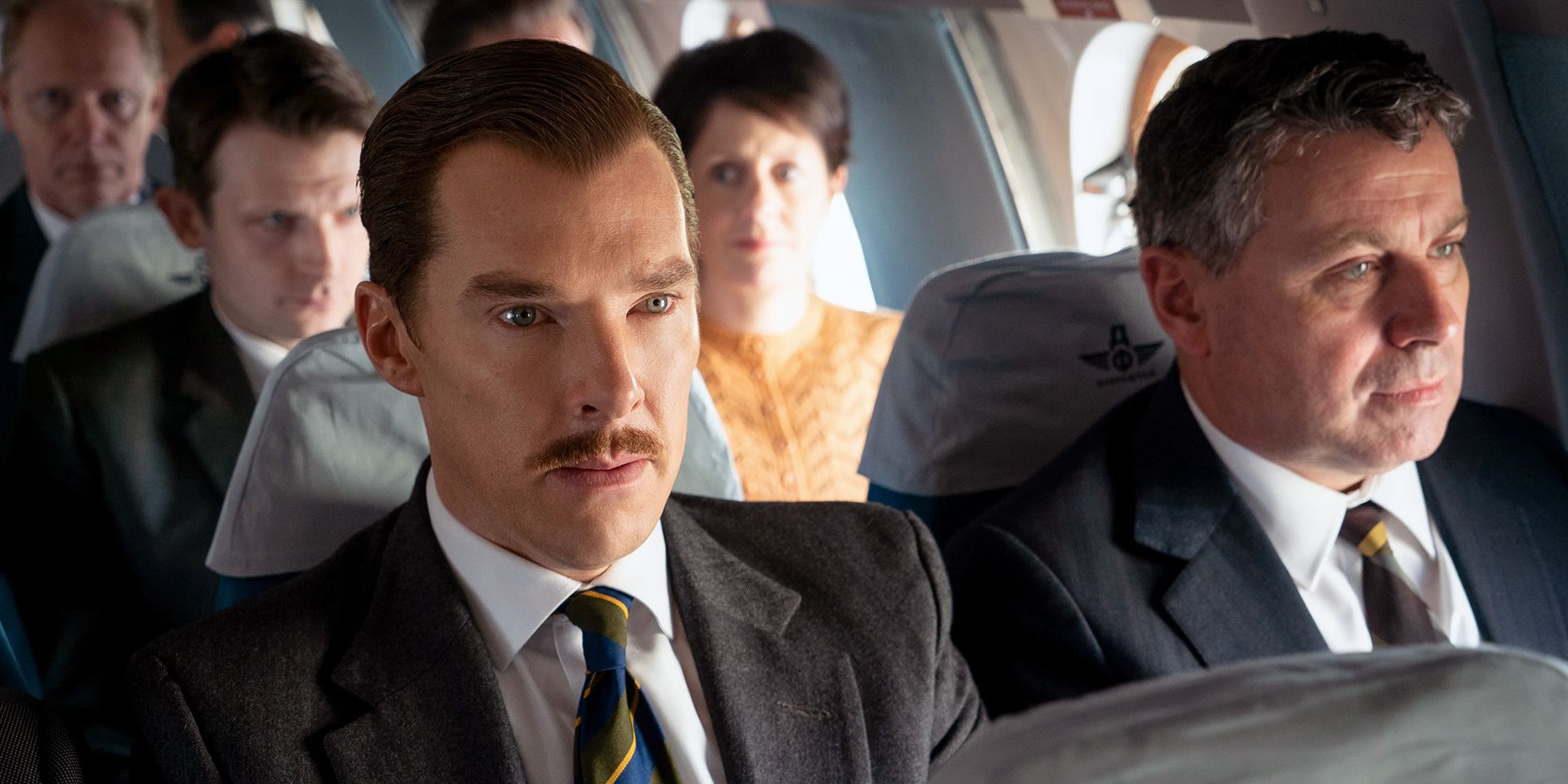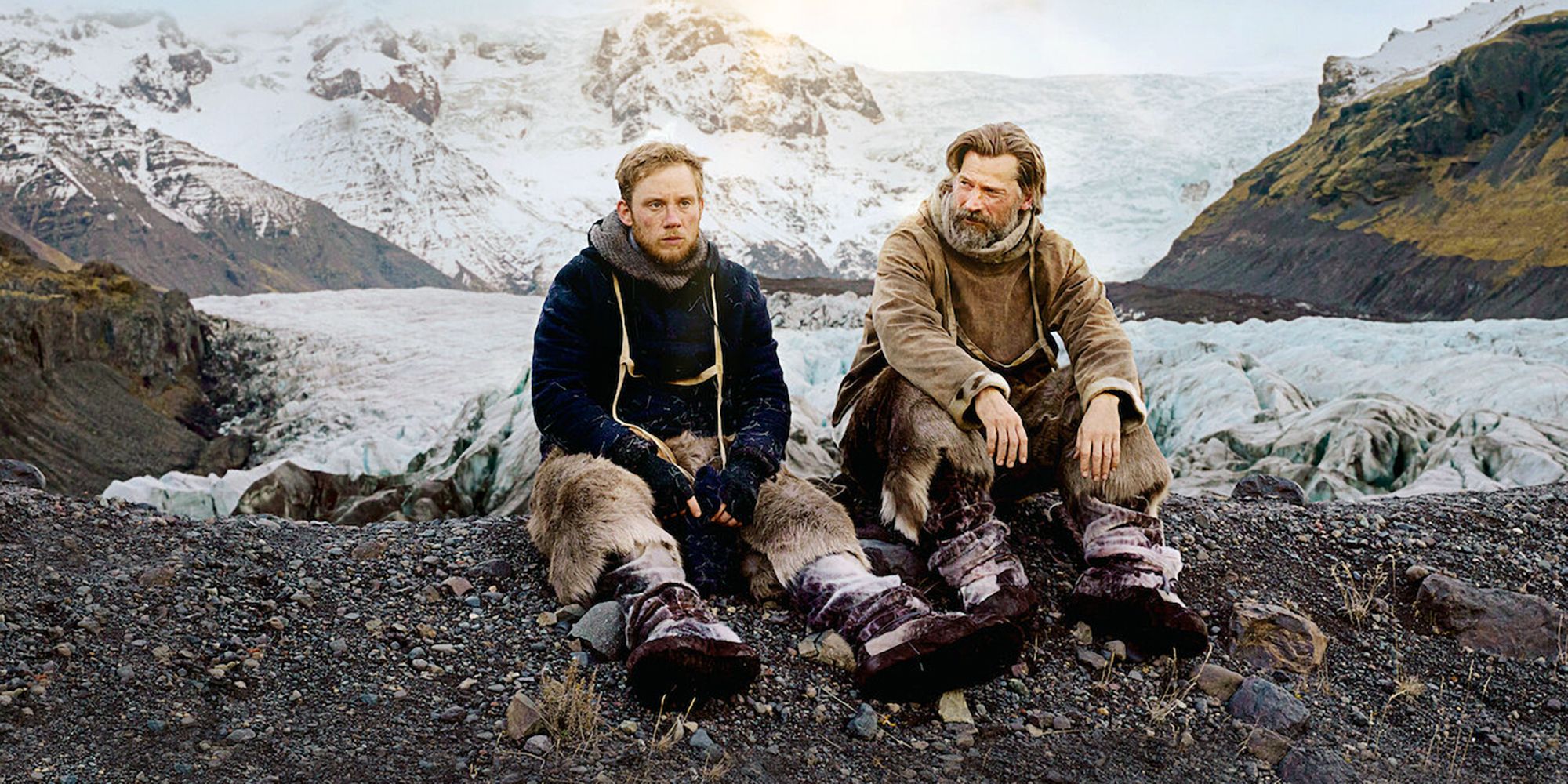Some of the best movies are based on landmark moments in history, often digging deep to tell neglected parts of the real story. Movies based on historical events aren’t easy to make as filmmakers must strike a balance between compelling drama and historical accuracy. They are also prone to criticism from audiences if they don’t get the story "right." Sacrificing what actually happened for the sake of making the story work tends to set off the internet know-it-alls that are quick to point out a movie’s historical failings.
Filmmakers embarking on making a movie about a real-life event are (usually) not interested in making a documentary; some flexibility must be expected when the goal is to make a successful movie. But some movies — more than others — go all out to ensure that even the most obscure historical detail is included while still maintaining a captivating narrative. It’s then that filmmakers hit that sweet spot: a satisfying combination of realism and watchability.
'Spartacus' (1960)
Nearly everything we know about Spartacus — the real historical figure who led a slave revolt in the first century BC — comes from accounts by Roman historians. Stanley Kubrick’s blockbuster starring Kirk Douglas in the title role does, at times, take liberties with history, sacrificing accuracy for spectacle. For example, unlike Douglas’ character, Spartacus was not born a slave; he was a Roman soldier who likely fell out of favor with the Romans and was sold into slavery. History tells us the real Spartacus died in battle, contrary to the film’s finale.
However, the movie makes up for this in other areas, which closely depict what happened. The battle scenes are accurate, as is the portrayal of Spartacus’ time at gladiator school, his rallying and leading the slave revolt against Batiatus, and how he and the other gladiators escaped to Mount Vesuvius. On balance, while Spartacus is not wholly historically accurate, it is more accurate than many Hollywood blockbusters.
'All the President’s Men' (1976)
Considered to be the most factually accurate film ever made, All the President’s Men is based on the 1974 non-fiction book of the same name. Heavy hitters Robert Redford and Dustin Hoffman play Washington Post journalists Carl Bernstein and Bob Woodward, who are investigating the Watergate scandal that brought down President Richard Nixon.
A factual presentation of what happened and not a "Hollywood-ified" version, the film does omit some real-life aspects, such as the pivotal role of Washington Post editor Barry Sussman. But its extensive research (sometimes leading to information overload) and attention to detail make it an accurate representation of the events that changed US politics and Americans’ trust in their government forever and highlighted the importance of freedom of the press.
'Apollo 13' (1995)
When making Apollo 13, director Ron Howard tried to stick as closely as possible to real-life events and mostly succeeded. In a 2019 interview with Time magazine, NASA planetary scientist Rick Elphic praised the film, saying it “might be one of the most accurate, especially when it came to the science of space travel.” The events of the real space disaster are accurately portrayed in the film, which adheres to the timeline set out in Jim Lovell’s book, who was the commander of the Apollo 13 mission.
Where the film departs from real-life is in Tom Hanks’ utterance of the now-famous line: “Houston, we have a problem” (Lovell actually said, “Houston, we’ve had a problem” or a variation of that phrase a few times over a 16-second period) and Howard’s creation of arguments between the crew to capture the emotion of the astronauts. Minor inaccuracies aside, Apollo 13 is about an accurate representation of the true story as audiences can hope for.
'Black Hawk Down' (2001)
Ridley Scott’s war movie, based on the 1999 non-fiction book of the same name by journalist Mark Bowden, is flawlessly accurate in its depiction of what came to be known as The Battle of Mogadishu, realistically capturing the bleakness of "Third World" countries and the situations that American soldiers find themselves facing.
Unfortunately, as many Hollywood blockbusters are prone to do, the movie remains only superficially faithful to Bowden’s book and fails to explore America’s moral responsibilities in great detail, or the feelings of the soldiers engaged in the conflict. Nonetheless, Black Hawk Down is a powerfully realistic, historically accurate portrayal of modern warfare.
'Der Untergang (Downfall)' (2004)
This German historical war drama is a smart, thoroughly researched look at Hitler’s last days. Based on the 2002 memoir by Hitler’s private secretary, Traudl Junge, and a book by historian Joachim Fest, the movie is said to accurately characterize Adolf Hitler (Bruno Ganz) and the events that took place at the end of World War II.
Other scenes meticulously represent real life. Eyewitness to the goings-on in Hitler’s bunker, Rochus Misch, confirmed the awful scene in which Magda Goebbels (Corinna Harfouch) crushes cyanide in her children’s mouths is incredibly accurate. Bookending the film with documentary footage of Traudl Junge adds to the movie’s authenticity. While the film was criticized by some who thought that it humanized Hitler, there’s no denying that its portrayal of the Führer’s last days is historically spot-on thanks to the testimony of people who were there.
'Selma' (2014)
Ava DuVernay’s biopic about civil rights leader Martin Luther King Jr.’s (David Oyelowo) freedom marches is rated highly amongst the most historically accurate films. In fact, according to the data-based website, Information is Beautiful, it is 100 percent accurate.
The director relied on archival media images, interviews, reports, and newspaper clippings to create a film that is grounded in real life and represents, with precision, events such as Bloody Sunday and the relationship between King and his wife (Carmen Ejogo). The result is a film that strikes a perfect balance between historical accuracy and an audience’s need for escapism while, at the same time, preserving the truth.
'Hidden Figures' (2016)
The historical liberties taken in Hidden Figures are, for the most part, justifiable and create an entertaining take on three women’s — Katherine Johnson (Taraji P. Henson), Dorothy Vaughan (Octavia Spencer), and Mary Jackson (Janelle Monáe) — invaluable contributions to the US space program at a time of racial and sexual discrimination.
The overall story arc of the movie is fairly accurate but only loosely follows the source material, a 2016 non-fiction book by Margot Lee Shetterly. Liberties were taken in the women’s relationships with each other; they were not the BFFs portrayed in the movie. In addition, the timeline of events was skewed, and the ending exaggerated significantly for impact. The fictional characters of Vivian Mitchell (Kirsten Dunst) and Paul Stafford (Jim Parsons) were introduced to propel the narrative. This is a movie where the disclaimer "based on true events" is accurate. As Shetterly has stated, “For better or for worse, there is history, there is the book and then there’s the movie.”
'Dunkirk' (2017)
In terms of its historical accuracy, Christopher Nolan’s Dunkirk rates pretty highly. The story of Dunkirk is well-documented, and Nolan appeared determined to tell it as accurately as he could. Ultimately, the director created an honest portrayal of the 1940 operation that saw more than 300,000 people evacuated across the English Channel in nine days. That is not to say that the movie was flawless, historically speaking.
Yes, the dogfights between Royal Air Force planes and German Luftwaffe are accurate, as are the sea battles between destroyers and fighter aircraft. But Nolan also made choices that contradicted real events. For a start, all the characters are fictional except for Commander Bolton (Kenneth Branagh), a composite character who is likely based on several real people. A major complaint by historians is the film’s portrayal of the strength of the English naval fleet, which was much more heavily numbered than the movie lets on, and the movie’s lack of diversity amongst the troops that, in real life, included Belgian, Canadian, and African soldiers. Overall, though, the film has been praised by Dunkirk veterans for its realism.
'The Courier' (2020)
Greville Maynard Wynne (Benedict Cumberbatch) was a middle-class British engineer-turned-businessman whose frequent travel to Eastern Europe attracted the attention of MI-6’s Dickie Franks (Angus Wright), who recruited Wynne as an amateur spy. Or did he?
No. While Dickie Franks was a real person, he was not involved in Wynne’s recruitment. But Wynne was responsible for stopping the Cuban Missile Crisis; the Soviet military intelligence he received from Colonel Oleg Penkovsky (Merab Ninidze) informed the UK about the Russian placement of missiles in Cuba and led to the de-escalation of frictions between the US and the Soviet Union. Ironically, Wynne wrote two self-aggrandizing books about his adventures — The Man from Moscow: The Story of Wynne and Penkovsky (1967) and The Man from Odessa (1981) — both of which are full of falsehoods.
'Against the Ice' (2022)
Much of the survival film Against the Ice is a true account of what happened when, in 1909, Danish explorer Ejnar Mikkelsen (Nikolaj Coster-Waldau) and his mechanic Iver Iversen (Joe Cole) traveled deep into the Arctic looking to uncover evidence to disprove the US’s claim to northern Greenland.
Staying true to Mikkelsen’s 1912 book, Two Against the Ice, the film incorporates many of the events described in the novel. Yes, the pair were abandoned by their crew, and, yes, all their sled dogs died. At one point, the movie downplays a particularly dramatic scene where a polar bear tries to break into Mikkelsen and Iversen’s hut. In the movie the pair manage to scare it off but, in reality, the bear entered the hut and was shot and killed by Iversen. Also, the team that rescues the men includes the expedition’s original crew whereas it was actually a Norwegian whaling ship that carried out the rescue. But these minor changes don’t distract from what is otherwise a very close depiction of what truly happened to Mikkelsen and Iversen.

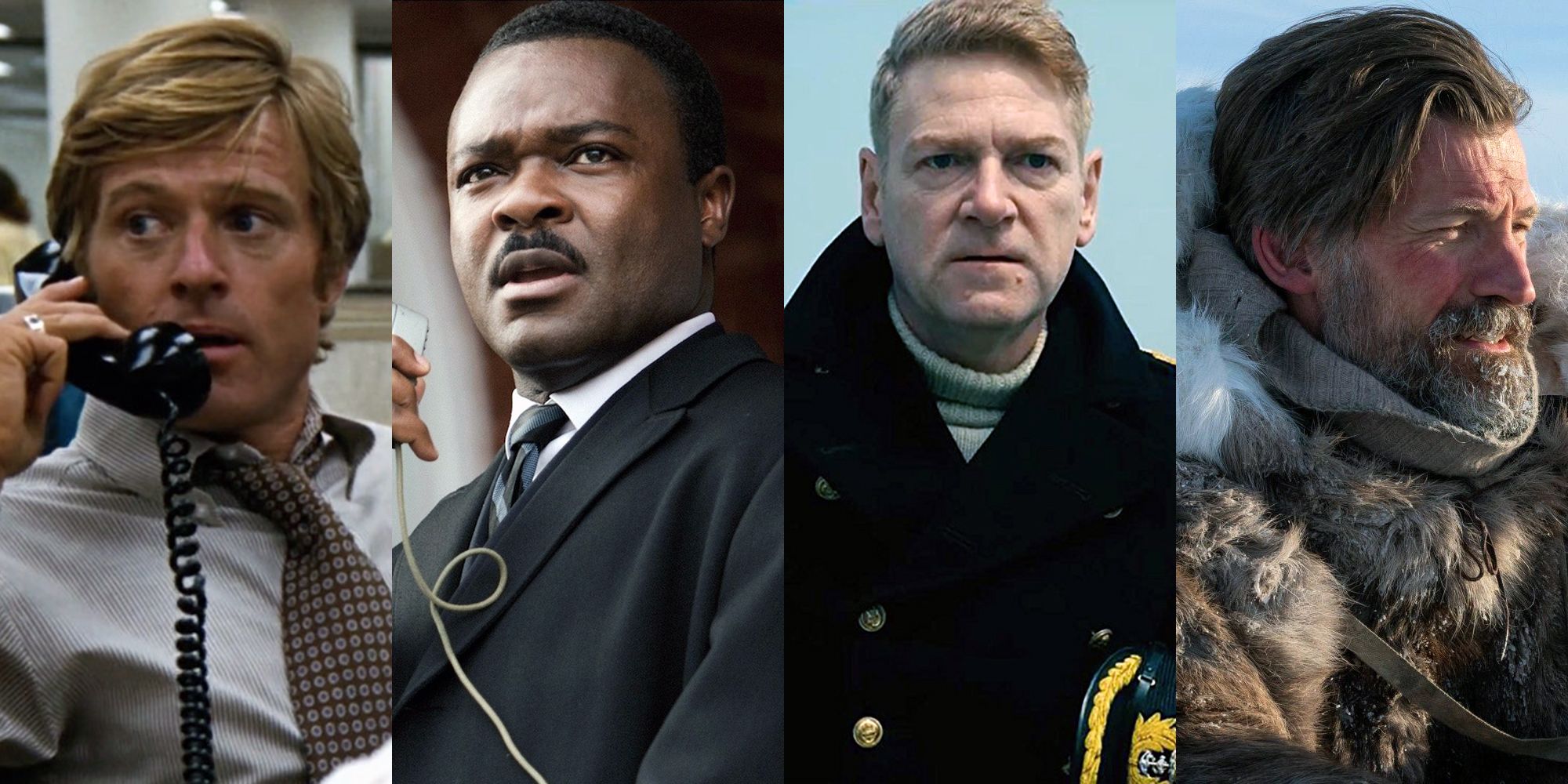
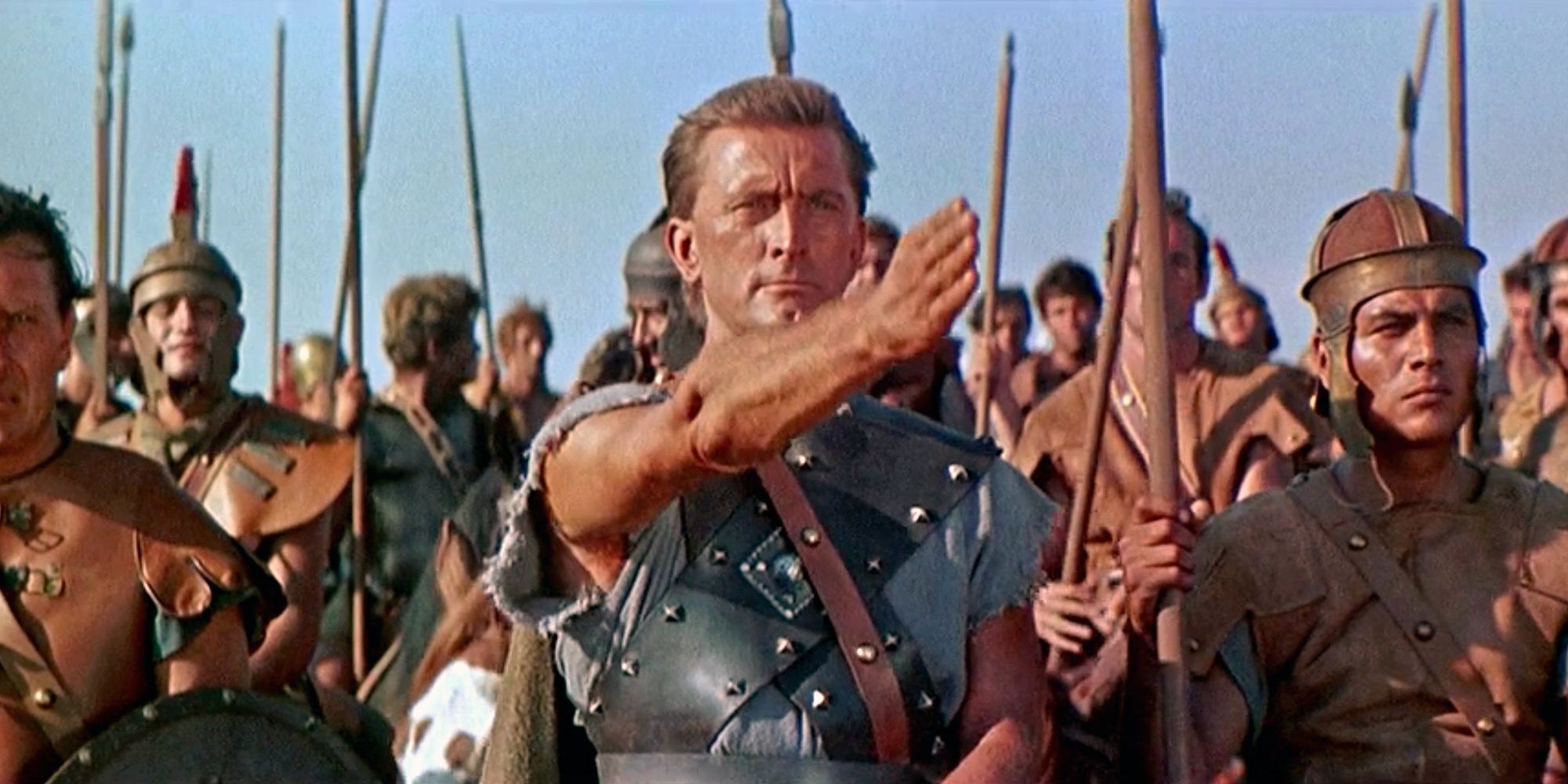
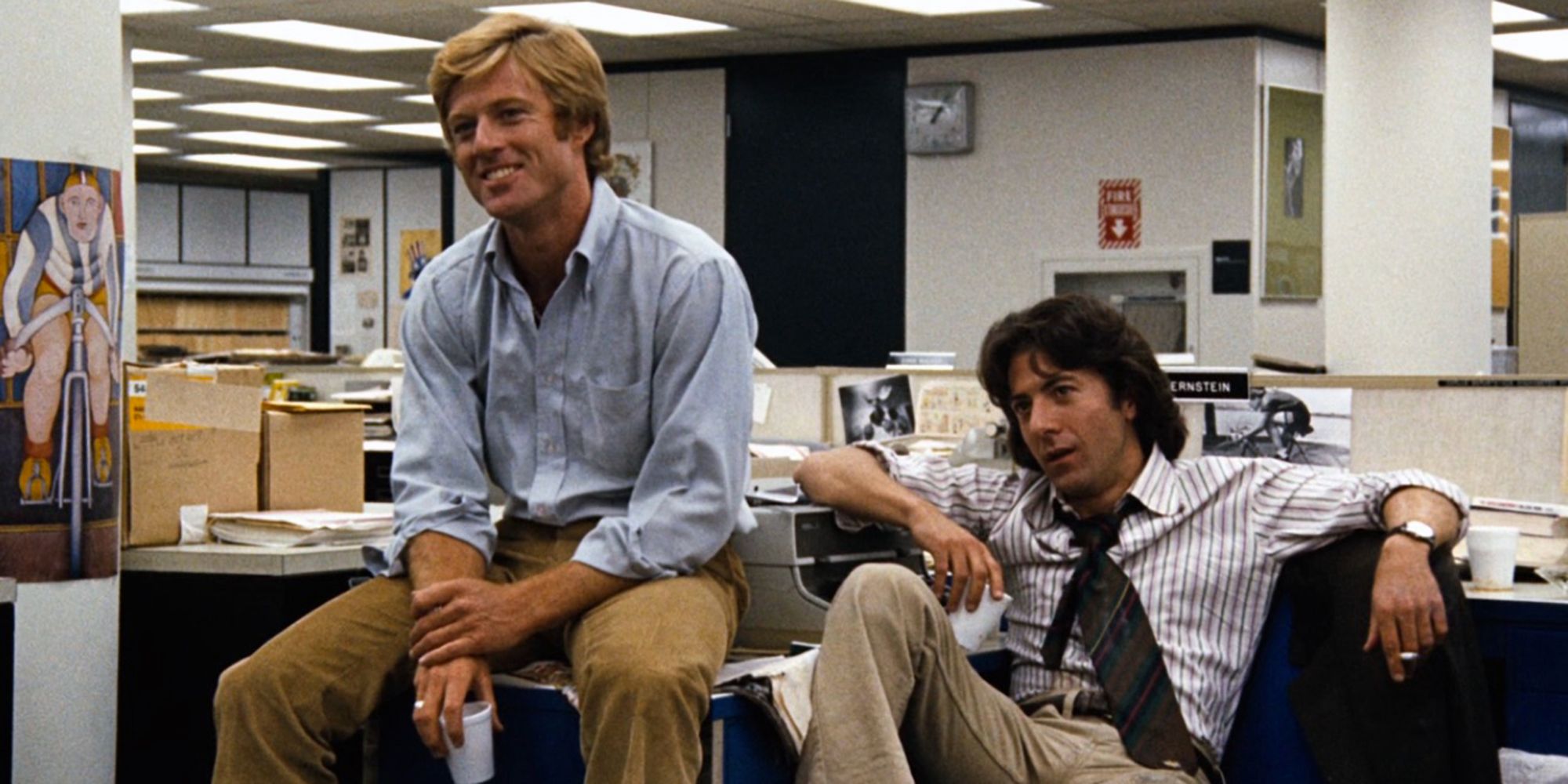
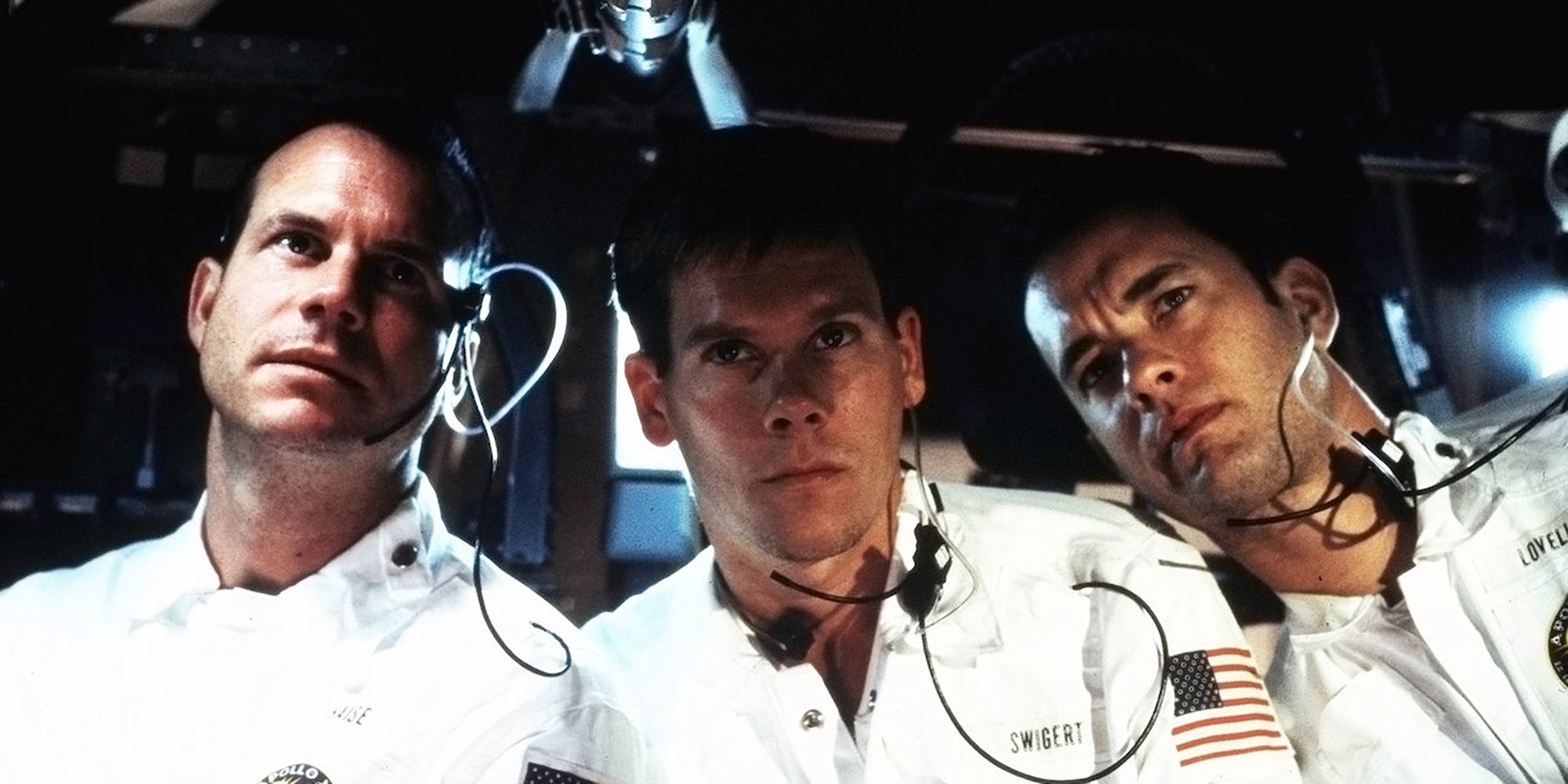
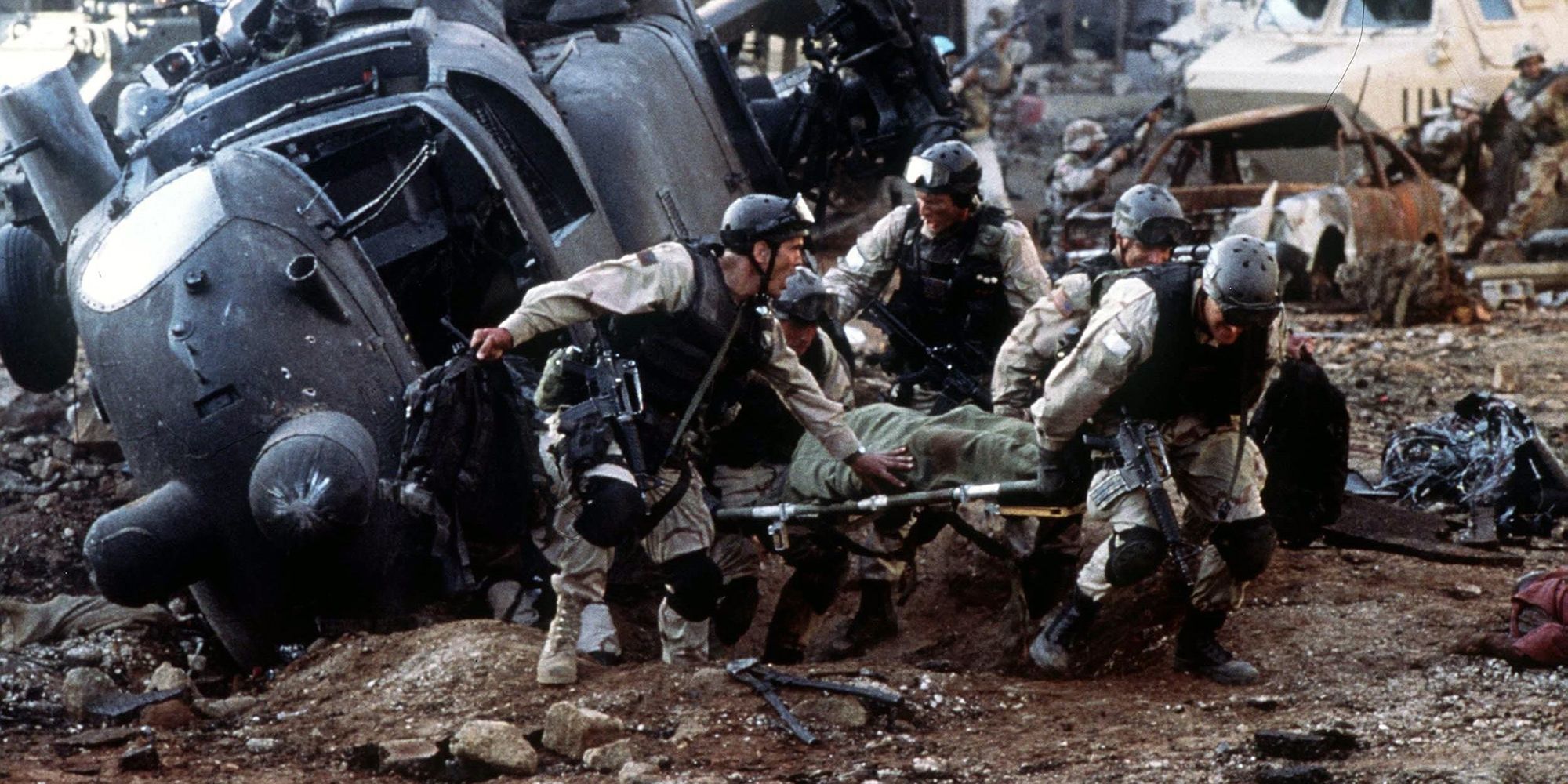
.jpg)

